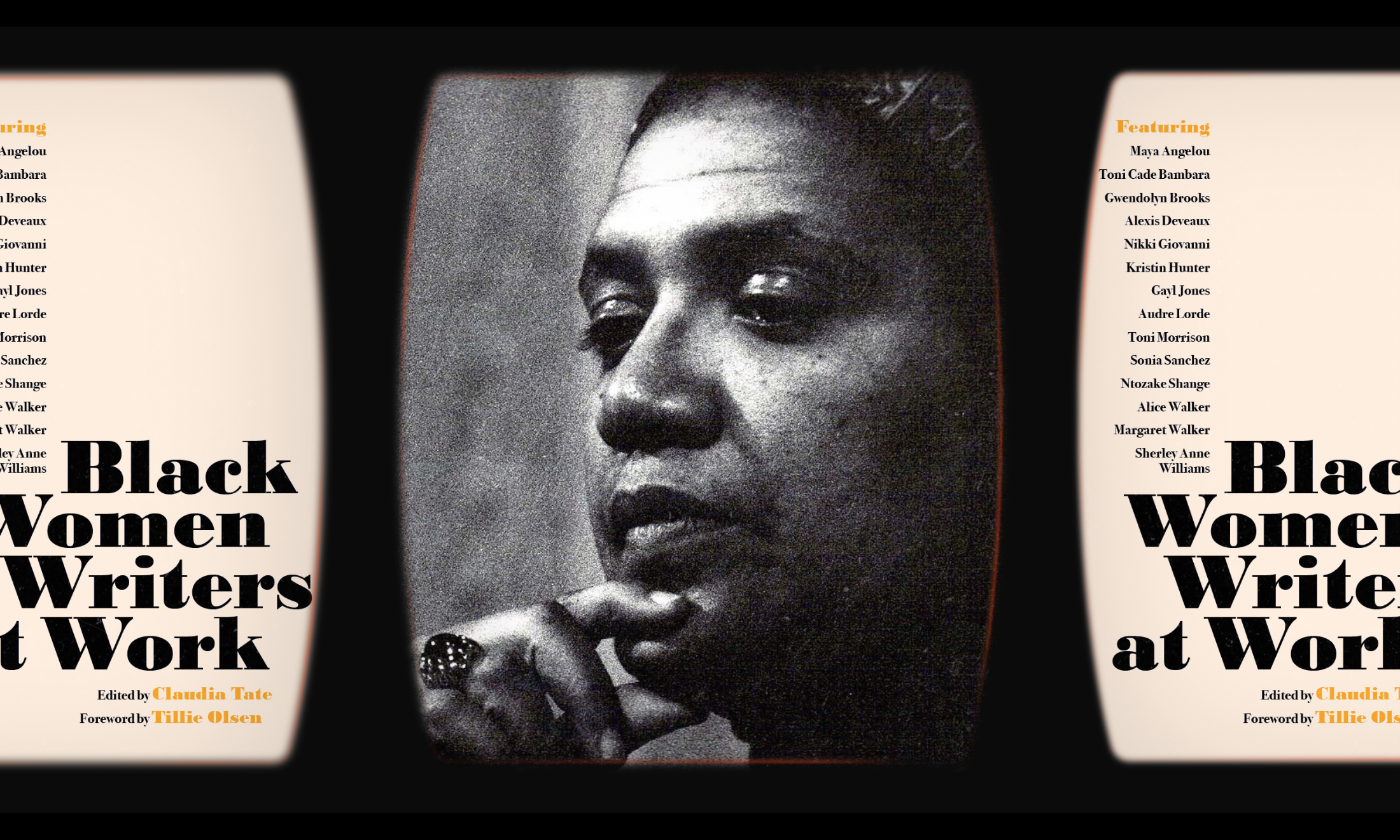
Photography by Ree
When you first become a self-appointed freelancer, the title brings about an inexplicable buzz. I remember starting my freelance journey as a writer at the early age of 16, excited by the idea of working amongst people in the industry. There was, and still is, so much to explore with every commissioned piece of work or project that comes my way. An insight into a career path that strayed away from the traditional 9-5 structure and ability to take control of every element of my working life made the freelance route all the more attractive. Sadly, freelancing isn’t as easy as it appears when looking at it from a long-term perspective.
The one thing that remains absent from the realm of a freelancer is the sense of stability that can come with a 9-5 job and being on the payroll. No day is ever the same and they can be overshadowed by a sense of uncertainty. Sometimes, we sacrifice the benefits like receiving holiday pay or an automatic pension. Necessities such as paying rent or even taking out credit cards become harder tasks when there is no set amount of earnings coming in.
There are periods where my workflow has come to a complete halt, leaving me to question my progress or, in dramatic circumstances, my whole career. Then there are periods where I unexpectedly become overloaded with a tonne of work, having to push all other commitments to the side. It’s a continuous cycle that a lot of freelancers face, even those at the peak of their career.
At age 18, trying to balance freelance work with intense A-level exams and part-time work led to me having to break away my freelance schedule . This break turned into a year of no freelance work and a struggle to revive some sort of schedule. It felt like a never-ending battle between demotivation and a lack of confidence, just as things were heading in the right direction.
Nonetheless, changing my approach towards organisation two years ago and spending the rest of 2018 preparing myself for the years ahead, I’ve learnt a number of tricks along the way. Coming to terms with and accepting the unpredictable nature of freelancing was my first step. These are some of the tips and tricks that helped me and could help you prepare for a more productive and stable freelance career, alongside your part-time or full-time job:
1. Plan ahead and schedule projects alongside other work
It is so easy to lose track of commitments and all sorts of deadlines during the week. With job opportunities constantly appearing, I turned to planning for the week ahead every Sunday. Whether you keep track of things using your iPhone notes, a journal or whiteboard, clearly plan each day with a checklist to work through and note things down as they come up along the week. Take control of your time and utilise every moment of the day where possible. As you complete your day’s task, tick it off your list and if you don’t complete everything, just move the tasks to your next available day.
Planning ahead allows you to also plan around your other commitments, giving you a chance to take a break from some of your week’s more strenuous work and indulge in some work you’re more passionate about. Allocating time towards all your commitments also increases productivity in all areas so falling behind becomes almost impossible. It also gives you the opportunity to dedicate some time to tone everything down and relax. Now that I plan at the end of every week, I don’t see myself functioning without it.
2. Keeping track of your finances and get the fee you are owed
Invoices are something that should be such a simple thing to process. However, all freelancers, regardless of what level they’re at, suffer from a number of late payments, ignored emails and unprofessional companies. This has turned a simple process into one of the most stressful parts of being a freelancer.
Chasing companies and brands up can become difficult when you’ve got multiple invoices being processed all at once. To make processing invoices as easy as possible, keep note of any pending invoices and the date in which it was sent off on. You can quickly check back to see whether the payment has been made on time or whether it is time to send a follow-up email. Don’t be ashamed to push for your invoice until it is paid; it is your hard-earned money.
Be sure to check your invoice for errors before sending, include the Payment of Commercial Debt (Interest) Act and a late fee in your invoice’s fine print and send as a PDF file.
One more step to consider whilst keeping track of your income is keeping all invoices and payments in one place. Tackling taxes as a freelancer can be a confusing task especially when first encountering the process. In preparation for the end of the tax year, calculate and budget part of your income each month to put towards your taxes. There are also apps such as Coconut that save you the effort and time, acting as a tax calculator and keeping track of your invoices all in one. Don’t be afraid to acquire further financial guidance by hiring an accountant if needed.
3. Have the confidence to say no and prioritise the work you’re most interested in. Don’t burn out!
I’ve reached weeks throughout 2019 where I have been fortunate enough to be bombarded with a tonne of opportunities. Overwhelmed by it all, I have put myself in stressful situations by refusing to turn down any opportunity and consequently having to navigate a never-ending workload.
Understandably, we all pick up as much work as possible to be able to earn a living but, be selective with the work you choose to take on. Think about these pointers before accepting any work: Does the job lay within your field of interest? Are you benefitting from the job? Have you got time to complete the job to a high standard?
There have been instances where I have accepted jobs with an almost impossible turnaround time which also impacts the quality of the job. Don’t jeopardise the quality of your work and your mental health for the sake of releasing more content. Do what is more favourable to you.









